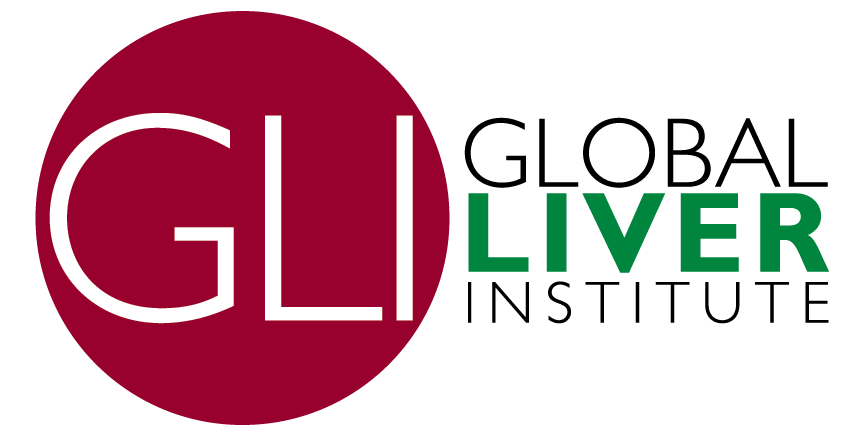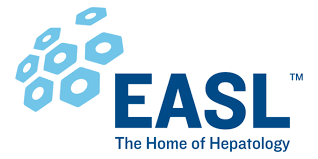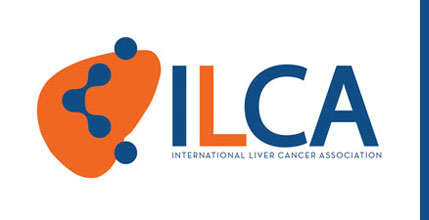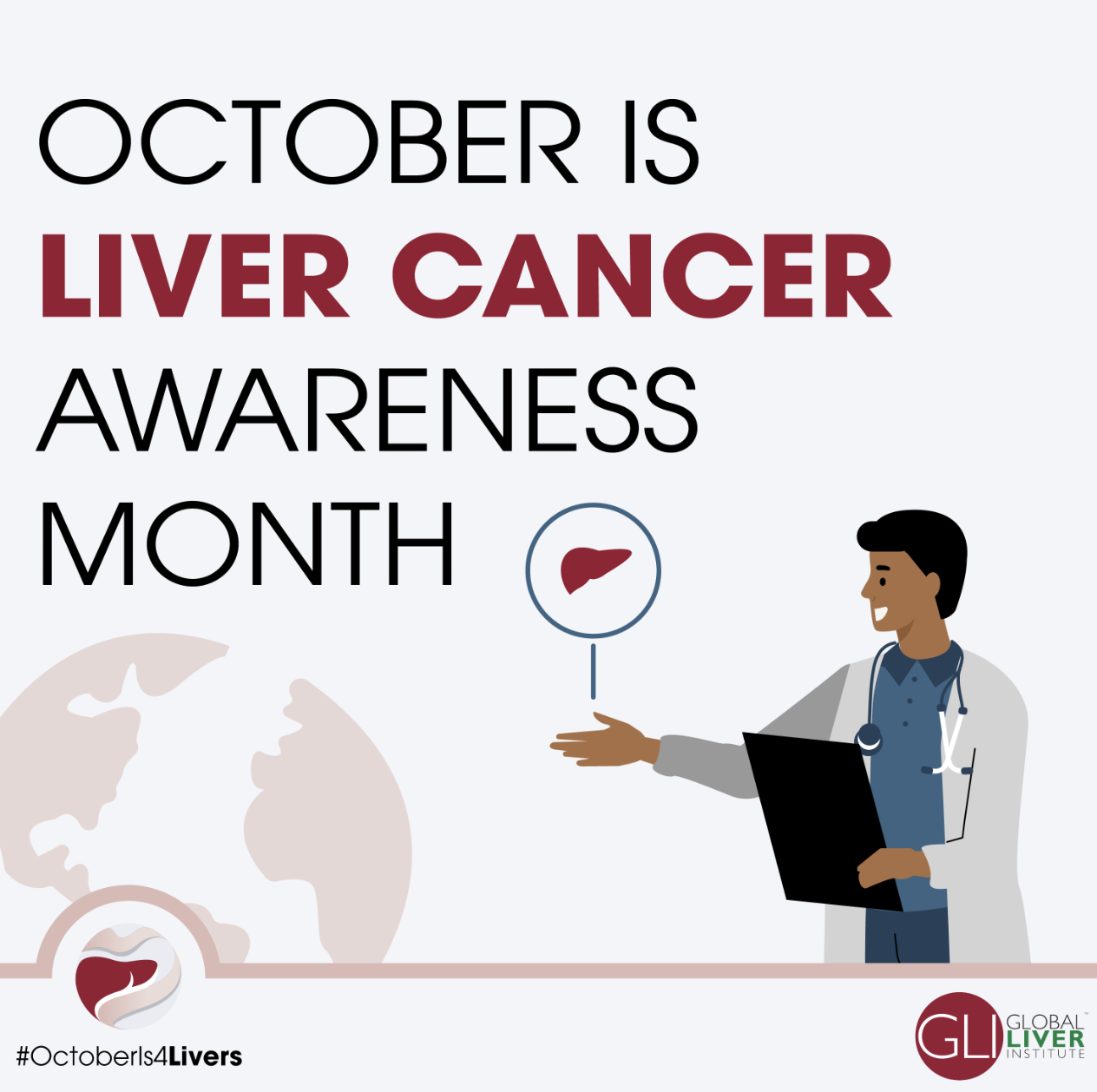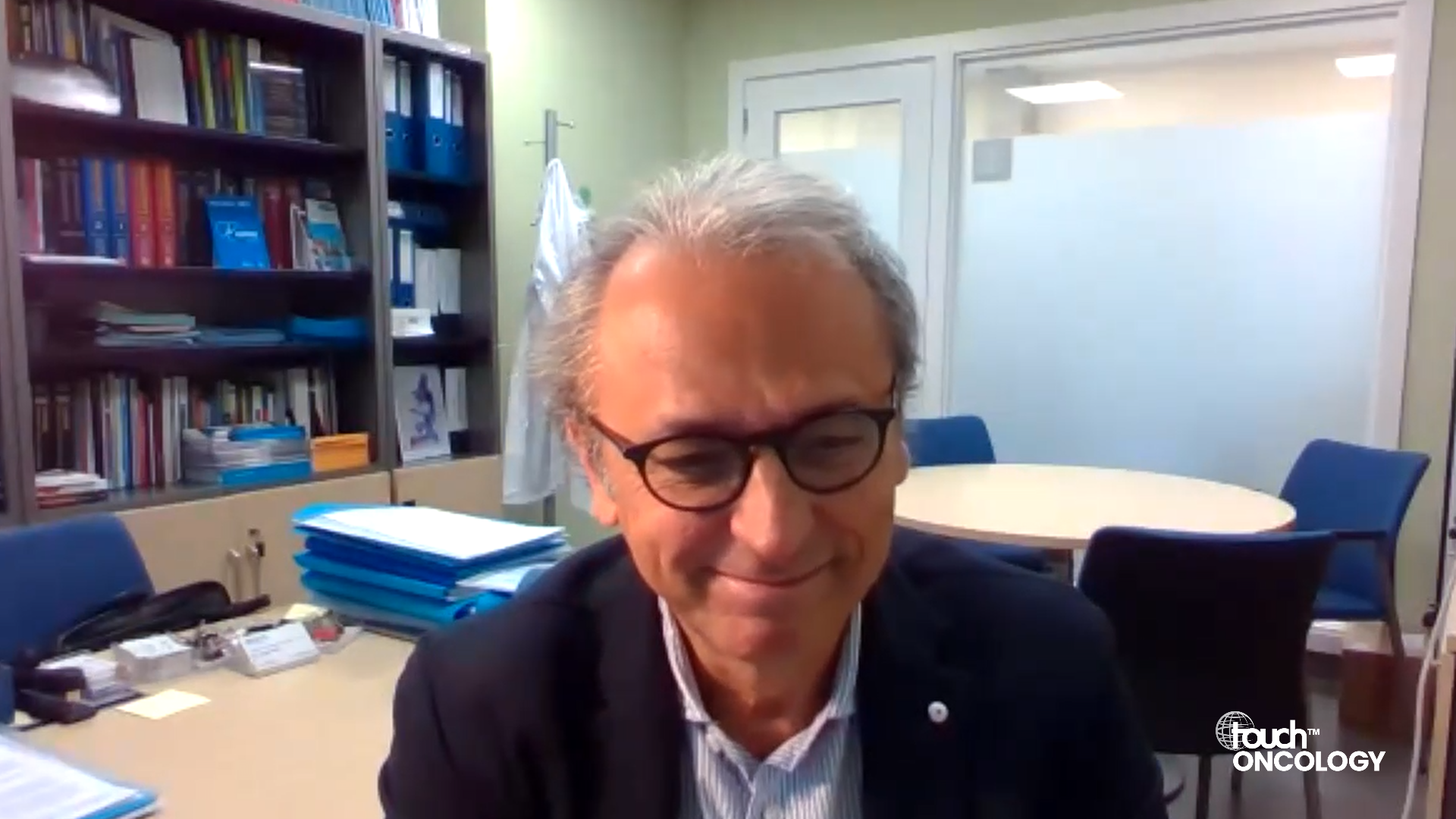Gastrointestinal Cancers
An Introduction to Gastrointestinal Cancers
Despite advances in radiotherapy, chemotherapy, and targeted therapy for gastrointestinal cancers, the disease has high recurrence rates and a poor prognosis. However, increased understanding of molecular biology has enabled significant progress in the management of oesophageal, gastric, liver, colorectal and pancreatic malignancies. Immunotherapies such as PD1 inhibitors plus HER-targeted therapies have improved survival in several gastrointestinal tumour types, while PARP inhibitors have been introduced as first-line maintenance treatment for BRCA-mutated metastatic pancreatic cancer.
Expert video highlights, insights from the conference hub and comprehensive peer-reviewed articles from our journal portfolio provide updates on the changing treatment landscape.
Our supporting partners do not constitute an endorsement of the content on this page.





